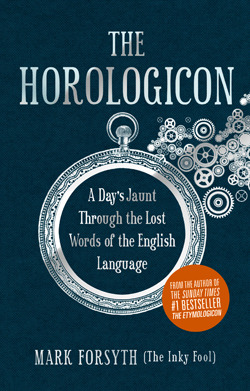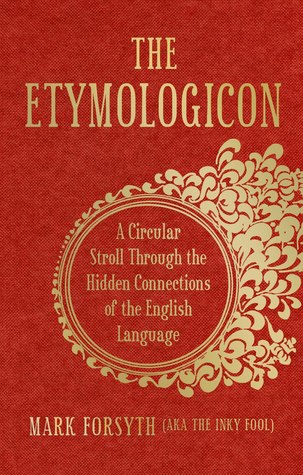--The blurb--
"Major Ernest Pettigrew is perfectly content to lead a quiet life in the
sleepy village of Edgecombe St Mary, away from the meddling of the
locals and his overbearing son. But when his brother dies, the Major
finds himself seeking companionship with the village shopkeeper, Mrs
Ali. Drawn together by a love of books and the loss of their partners,
they are soon forced to contend with irate relatives and gossiping
villagers. The perfect gentleman, but the most unlikely hero, the Major
must ask himself what matters most: family obligation, tradition or
love?"
--The review--
Despite the various threats of pollution, globalization and urbanization, the quaint English village does still exist, and as such continues to hold a special place in the hearts of many - even expats who have long been away from this environment, such as the author of Major Pettigrew's Last Stand, Helen Simonson, who has lived in the United States for many years and chose the fictional village of Edgecombe St Mary as the setting for her début. However, while the setting is crucial to the gentle satire of Middle England's at times narrow-minded yet well-meaning attitudes, it is not the main focus of this excellent first novel - it is the pathos, humanity and humour of the characters involved that truly drive the plot forward.
Pettigrew himself narrowly avoids the cliché of the old English gentleman thanks to his dry, sprightly, and extremely British sense of humour. The characters around him are equally fleshed out in slightly clichéd yet very human ways, and the characteristically British reticence with which many of them act only adds to the novel's charm. This, combined with dashes of daring at appropriate moments, is what keeps the reader turning the pages, rather than the novel's clear end point, towards which Major Pettigrew and Mrs Ali are hurtling at speed.
However, novels are about more than just getting from point A to point B. As Edward Monkton's Zen Dog aptly puts it:
As readers, we more or less already know how Major Pettigrew's Last Stand will end; what we are interested in is how Helen Simonson will take us there as all of the story's various minutiae are played out and resolved. The rich cast of characters means that Simonson is able to take us, to varying degrees, on their individual journeys in tandem with the two protagonists, allowing everything to tie up (but not too neatly).
Why this story's odyssey is the major's "last" stand is never quite clear; while perhaps a reference to his advanced age, it's not as if he's on the brink of death (so those seeking a happy ending need not worry about this possibility). However, this concern is secondary in the face of the novel's strengths: love swells against all obstacles, and it proves a comedy in the very best sense of the word. As many other readers have pointed out, it follows gracefully and wittily in the footsteps of many of English literature's greatest comedians, including Shakespeare and Jane Austen, thanks to its skilful use of wordplay, blisteringly dry humour, and the tracking of lovers' escapades. The perfect gift for expats who secretly still miss England, fans will be delighted to hear that a second novel by Simonson is already in the works.
First three Chapters....
16 years ago















